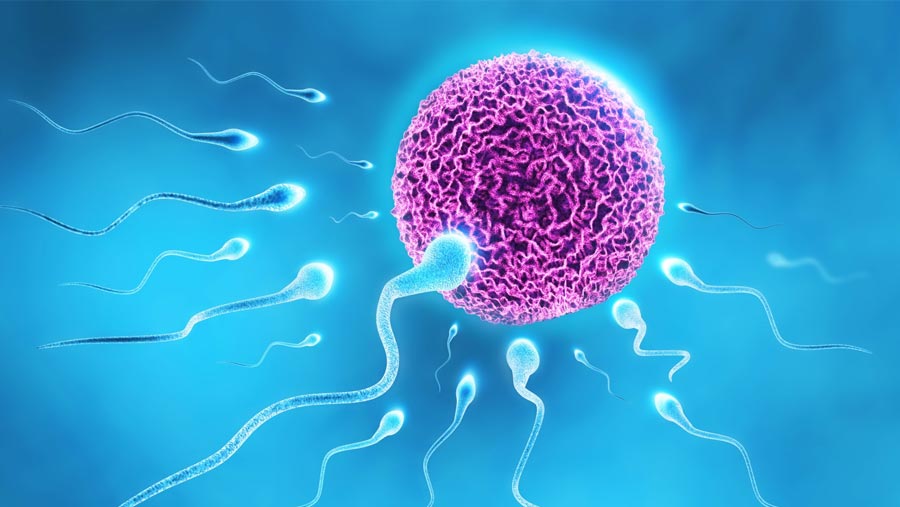Ovulation Induction

The release of mature eggs from the ovaries into the fallopian tube is called ovulation. If, during its release into the fallopian tube, an egg is fertilized by a sperm, it then travels down the tube and attaches to the uterus wall, where pregnancy occurs.
For women experiencing infertility, ovulation irregularities are often the cause.Ovulation induction is the process of using certain medications to stimulate ovulation in those women suffering from anovulation, meaning an irregular or absent ovulation. Upwards of 1-in-4 women suffer from some sort of ovulation problem.
The goal of inducing ovulation is the increase a woman’s chance of conceiving through either normal sexual intercourse or through intrauterine insemination (IUI).
What Does Ovulation Induction Involve?
Fertility drugs can be used to stimulate, regulate, and correct ovulatory problems. Medications that initiate hormone release and egg production include drugs ingested orally and drugs administered via injection. Oral medications are generally the first stage of treatment during ovulation induction.
Commonly used medications used to increase the chances of ovulation include
- Insulin-sensitizing agents
- Clomiphen citrate
- Aromatase inhibitors
- Gonadotropins
Treatment plans involve initial bloodwork and ultrasound on approximately the third day of the menstrual period. Oral medications are then given on an individualized basis.
The patient’s progress is continually monitored via ultrasound imaging and blood estrogen measurements to determine the development of egg-releasing follicles, indicating ovulation initiation. When a follicle is detected, conception via intercourse or intrauterine insemination (IUI) can proceed
Hormone injections known as follicle-stimulating hormones (FSH) are used in patients who experience significant ovulation irregularities or cannot spontaneously ovulate. FSH injections are believed to be more powerful than oral medications. However, injections will likely be the follow-up treatment if oral medications do not achieve pregnancy.
Why Don’t I Ovulate Regularly?
The events that lead to pregnancy and birth are complex. Numerous factors can inhibit successful outcomes, resulting in fertility challenges that might or might not be correctable.
Ovulation irregularities are among the most common reasons for female infertility.
There can be multiple medical reasons why ovulation problems occur, including (but not limited to):
- thyroid problems
- infections
- fibroid tumors
- certain autoimmune disorders
If it is determined that your failure to ovulate is due to a treatable medical issue, it is advised that you seek the appropriate treatment to manage the problem before undergoing any fertility procedures.
Around 25% of infertile women have ovulation difficulties. These problems include producing a fully mature egg or failure to release the egg (ovulate). Fertility drugs can be used to temporarily correct these problems and increase the chance of getting pregnant.
Ovulation induction can be used for:
- Women with polycystic ovary syndrome (PCOS)
- Women with inadequate production of luteinizing hormone and/or follicle-stimulating hormone.
- Women with obesity, thyroid disorders, or eating disorders.
Do I Have to Be Infertile to Undergo Ovulation Induction?
Some women might ovulate normally but wish to enhance their chances of becoming pregnant by increasing the number of mature eggs released during their cycles. These women might benefit from using fertility drugs to facilitate a process called ovulation induction.